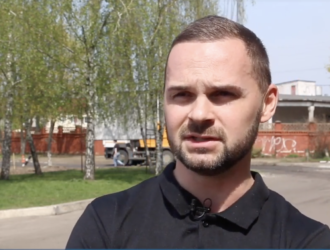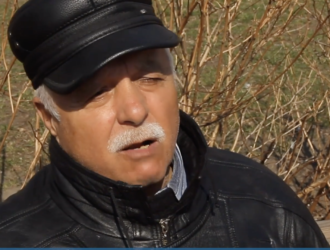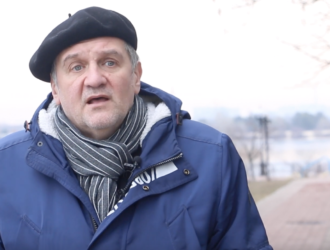Subscribe for Newsletter
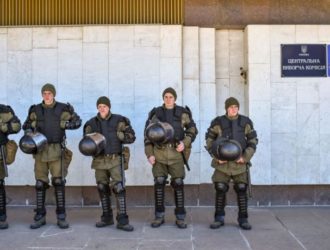
Security Policy Is Not Up for Debate as Ukraine Elects a New President
17/04/2019
Hanna Shelest
Despite the smouldering conflict in Donbas and the tensions around Russia’s occupation of Crimea, security policy has so far failed to attract voters’ attention in the campaign.
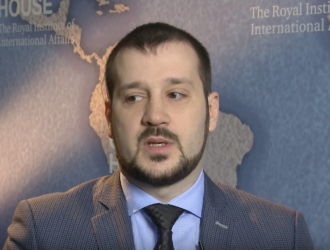
For the first time elections is not dividing Ukraine
27/03/2019
Viktor Andrusiv
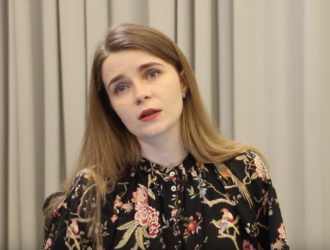
Ukraine elections: Candidates don’t understand their competencies
Presidential canditates make promises that can be implemented only if they have majority in parliament
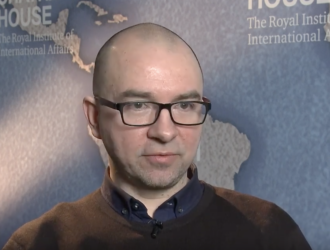
Most presidential candidates focus on identity & security
Volodymyr Yermolenko,
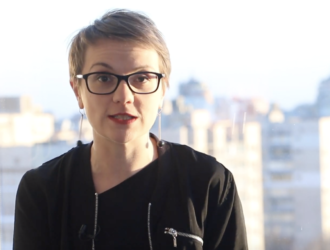
Not fair way of running campaign strangely works in favor of Ukrainian democracy
21/03/2019
Nataliya Gumenyuk
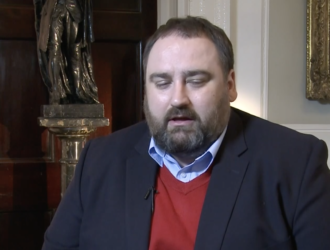
Yevhen Hlibovytsky: Elections will not affect conflict resolution in Ukraine
13/03/2019
Yevhen Hlibovytsky
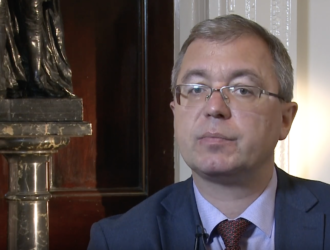
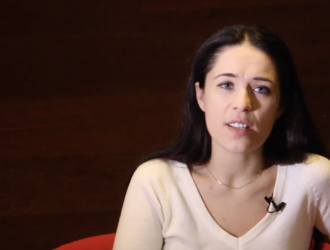
Hanna Shelest: Ideology is not the top-topic in the debate between presidential candidates
Providing international expert audiences with evidence-based analysis on the 2019 presidential elections in Ukraine
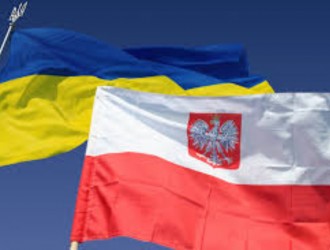
Call for participation “Ukrainian-Polish Dialogue: Through Common Values to Common Development”
17/08/2018
Olga Chyzhova
Polish journalists (from state and independent media) are invited to participate in the 5-day visit to Ukraine in October 2018.



